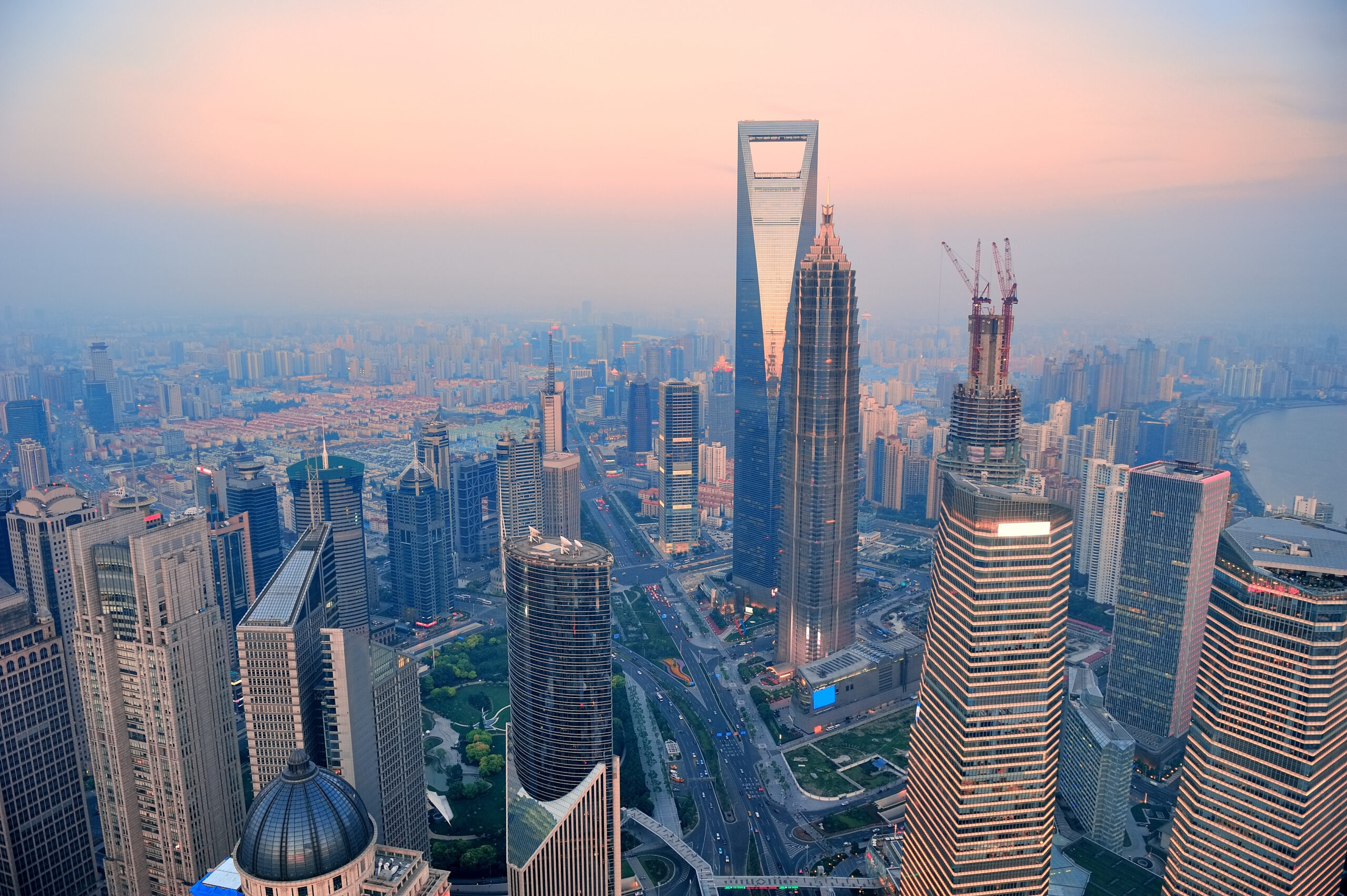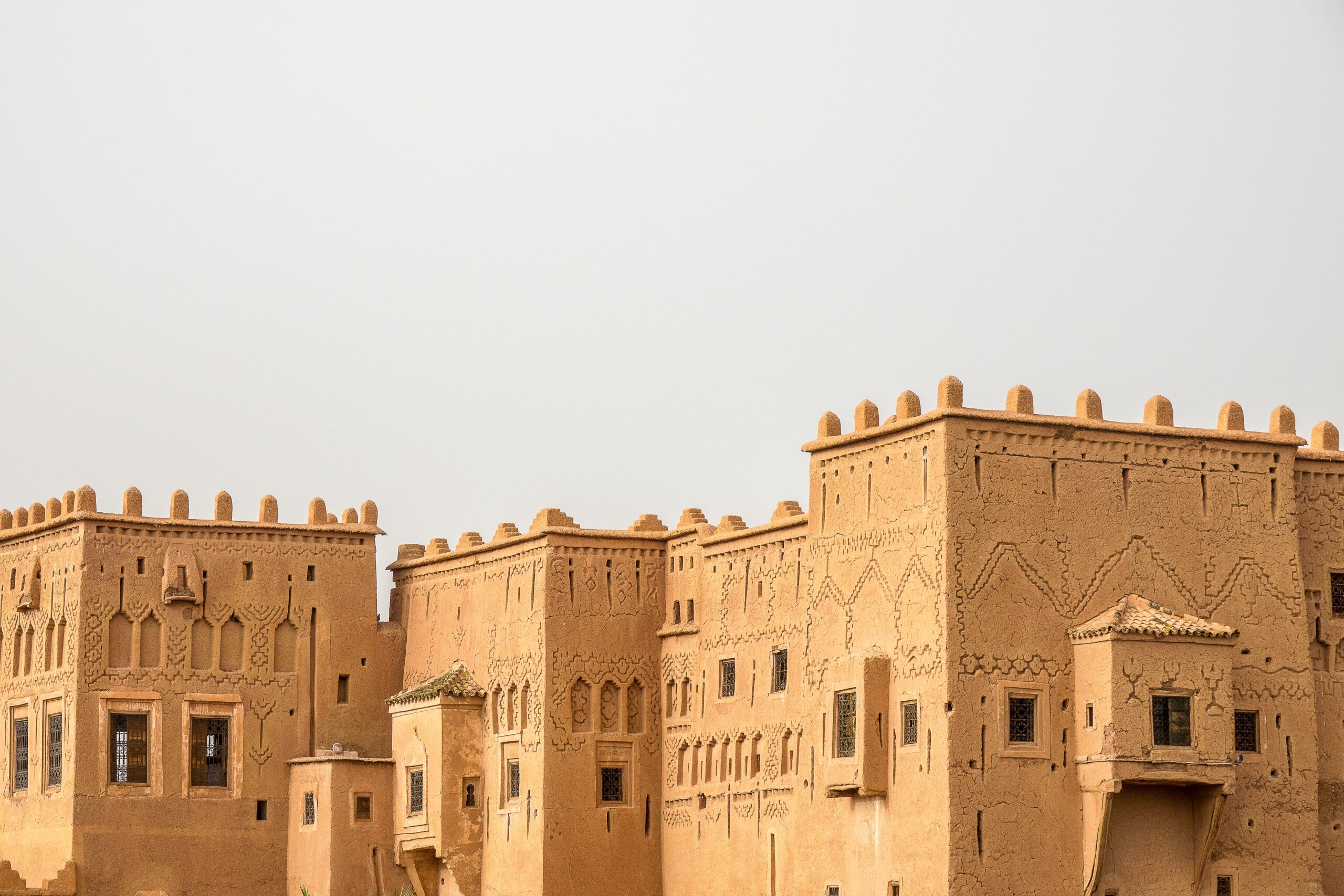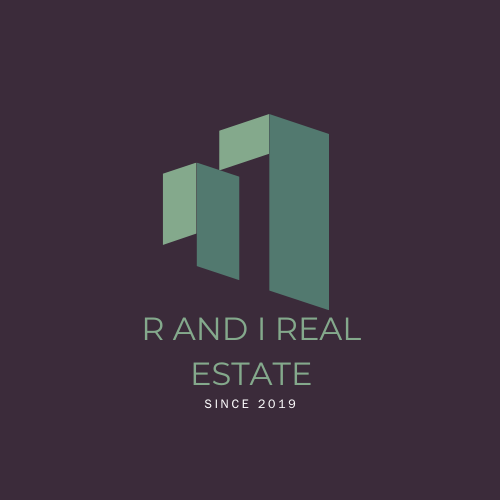Saudi Real Estate Market


Saudi Arabia’s real estate sector is experiencing significant growth and transformation as part of the country’s broader Vision 2030 initiative. From residential and commercial properties to ambitious mega projects, the Saudi real estate market presents exciting opportunities for both domestic and foreign investors.
In this blog, we’ll explore the current state of the Saudi real estate market, key growth drivers, investment opportunities, and the major trends shaping the sector.
1. Overview of the Saudi Real Estate Market
The State of the Saudi Real Estate Market in 2025
As of 2025, Saudi Arabia’s real estate market is one of the most dynamic in the Middle East, driven by the kingdom’s Vision 2030, which aims to diversify its economy and reduce its dependency on oil. Real estate is playing a central role in this transformation. Key cities like Riyadh, Jeddah, and Dammam continue to witness rapid growth in both residential and commercial properties, while the country is also investing heavily in mega projects that will reshape the future of its urban landscape.
How Vision 2030 is Transforming Saudi Arabia’s Real Estate Sector
Vision 2030 has focused on boosting the country’s infrastructure, diversifying its economy, and creating new urban hubs. The real estate sector is being reimagined to align with these ambitious goals. Notable projects such as NEOM, Qiddiya, and the Red Sea Project are positioning Saudi Arabia as a global real estate hotspot, attracting investors from around the world. Additionally, the government’s push for increased tourism, affordable housing, and smart city development is spurring further interest in the property market.
Key Drivers of Growth in the Saudi Property Market
The growth of Saudi Arabia’s real estate market can be attributed to several key factors:
- Economic Diversification: Vision 2030 initiatives are making the country more attractive to international investors.
- Urbanization: A growing population and increasing demand for modern housing are driving residential property growth.
- Government Investments: Major government-backed projects like NEOM, Qiddiya, and the Red Sea Project are fueling development in various sectors.
- Foreign Investments: Saudi Arabia is encouraging foreign investment by relaxing ownership laws and providing incentives.
Comparison of Saudi Arabia’s Real Estate Market with Other GCC Countries
Compared to other GCC countries, Saudi Arabia’s real estate market is unique in its size and scope. While Dubai and Abu Dhabi have been established hubs for real estate investment, Saudi Arabia’s market has more room for growth, especially in its residential and industrial segments. The country’s mega projects are unparalleled in scale, making it an exciting prospect for long-term investors.
2. Investment Opportunities
Top Cities for Real Estate Investment in Saudi Arabia
- Riyadh: The capital city remains the heart of the nation’s real estate growth, with a booming residential market and commercial developments.
- Jeddah: As Saudi Arabia’s commercial hub and a gateway to the Red Sea, Jeddah offers promising opportunities in both residential and retail real estate.
- Dammam: With its proximity to oil fields and ports, Dammam is a key player in industrial real estate investments.
- NEOM: The futuristic city under construction promises to reshape the region’s real estate landscape, with a focus on smart technology and sustainability.
Best Types of Properties to Invest in Saudi Arabia
- Residential: There’s strong demand for housing, especially affordable and luxury options, driven by a growing population and urbanization.
- Commercial: With the rise of the retail sector, office spaces, and shopping malls are prime investment opportunities.
- Industrial: As e-commerce and logistics expand, warehouse and industrial properties are becoming increasingly valuable.
Emerging Real Estate Hotspots in Saudi Arabia
Apart from the traditional major cities, up-and-coming areas like the Western Region’s coastal cities and the area around NEOM are emerging as new hotspots for real estate investment. These areas are being developed to attract both investors and residents with high-tech infrastructure and luxury developments.
How to Invest in Saudi Real Estate as a Foreigner
Foreigners can invest in Saudi real estate through direct property purchases, as well as through real estate investment funds. The country has introduced reforms to make the process easier, including granting foreign investors the right to own land in certain areas. Foreigners can also invest in Saudi Real Estate through Real Estate Companies Which makes the whole process easier.
3. Residential Real Estate
Trends in Saudi Arabia’s Residential Property Market
The residential market is seeing a shift toward modern, sustainable, and affordable housing solutions. There is growing demand for apartments, especially in urban centers, while luxurious villas and gated communities are popular in cities like Riyadh and Jeddah.
Buying vs. Renting in Saudi Arabia: Which is Better?
In Saudi Arabia, buying property is an attractive option due to rising rents and the government’s push for homeownership. However, renting remains popular among expats and those in transient jobs. The decision between buying and renting depends on an individual’s long-term plans and financial situation.
Affordable Housing Projects in Saudi Arabia
The Saudi government has been active in developing affordable housing projects to meet the needs of its growing population. Initiatives like the Sakani Program aim to make homeownership more accessible to middle-income citizens.
The Rise of Luxury Real Estate in Riyadh and Jeddah
Luxury real estate in Riyadh and Jeddah is flourishing, with high-net-worth individuals seeking exclusive properties. These include ultra-modern villas, penthouses, and luxury apartments that cater to both local and international buyers.
4. Commercial Real Estate
Opportunities in Saudi Arabia’s Office and Retail Spaces
As Saudi Arabia diversifies its economy, the demand for office spaces, especially in Riyadh and Jeddah, continues to grow. Retail spaces are also in high demand, fueled by the country’s expanding consumer market and increasing domestic tourism.
The Growth of Co-Working Spaces in Saudi Cities
Co-working spaces are emerging as a popular option for startups, freelancers, and small businesses. With the rise of the gig economy, these flexible office solutions are expected to grow rapidly in major cities.
Investing in Industrial Real Estate: Warehouses and Logistics Hubs
The expansion of e-commerce and logistics in Saudi Arabia has created significant opportunities in industrial real estate, especially in warehousing and logistics hubs. Cities like Dammam and Jeddah are key locations for these investments.
The Impact of E-Commerce on Saudi Arabia’s Commercial Real Estate
E-commerce is reshaping the retail landscape, leading to the growth of warehousing and distribution centers. Additionally, brick-and-mortar stores are adapting to the rise of online shopping by focusing on experiential retail and service offerings.
5. Mega Projects and Giga Projects
NEOM: The Future of Smart Cities and Real Estate Investment
NEOM is one of the most ambitious mega-projects in the world. Designed as a technologically advanced and sustainable city, NEOM promises to revolutionize real estate with its cutting-edge smart infrastructure and luxury developments.
The Red Sea Project: Opportunities for Hospitality and Tourism Real Estate
With a focus on luxury resorts, the Red Sea Project aims to attract global tourists and investors. It represents a unique opportunity for those looking to invest in hospitality and tourism real estate.
Qiddiya: A New Hub for Entertainment and Lifestyle Properties
Qiddiya will be a major center for entertainment, offering opportunities for real estate investors in hotels, retail, and leisure developments.
Diriyah Gate: Preserving Heritage While Boosting Real Estate Value
Diriyah Gate is a cultural and heritage project in Riyadh. It combines the preservation of historical sites with modern real estate development, offering opportunities for investors interested in tourism and heritage properties.
6. Legal and Regulatory Framework
Understanding Saudi Arabia’s Real Estate Laws for Investors
Saudi Arabia has made it easier for both local and foreign investors to participate in the real estate market. Investors must be aware of zoning laws, property rights, and regulations regarding land ownership.
How to Register Property in Saudi Arabia
The property registration process in Saudi Arabia is relatively straightforward, requiring documentation such as a title deed and proof of ownership. Foreign investors should consult local experts to ensure compliance with the country’s regulations.
Tax Benefits and Incentives for Real Estate Investors
The Saudi government offers various incentives to real estate investors, including tax breaks and exemptions for foreign investors in certain sectors. Additionally, rental income is not subject to taxes for many investors.
Changes in Ownership Laws for Foreign Investors
Recent legal reforms have made it easier for foreign investors to own property in Saudi Arabia. The government has loosened restrictions on foreign ownership, particularly in new developments and mega projects.
7. Market Trends and Analysis
The Impact of COVID-19 on Saudi Arabia’s Real Estate Market
Like the rest of the world, Saudi Arabia’s real estate market was impacted by the COVID-19 pandemic. However, the market is recovering quickly, with the government’s strong economic support and increased demand for residential properties.
How Rising Interest Rates Affect Saudi Real Estate Investments
Rising interest rates could impact both residential and commercial real estate investments, making it more expensive for buyers to finance properties. However, with inflation being a global concern, the long-term demand for real estate remains strong.
The Role of Technology in Shaping Saudi Arabia’s Property Market
Technology is transforming the real estate sector, from property listings to smart home solutions. Virtual tours, online property purchases, and blockchain for property transactions are becoming increasingly popular.
Demographic Trends Driving Demand for Housing in Saudi Arabia
Saudi Arabia’s young population and increasing urbanization are key drivers of housing demand. The government’s focus on creating affordable housing options is aimed at meeting these needs.
Conclusion
The Saudi real estate market offers a wealth of opportunities for investors across various sectors, including residential, commercial, and hospitality properties. As the country continues to evolve under Vision 2030, the market will remain a key driver of economic growth, providing ample opportunities for both local and international investors.
